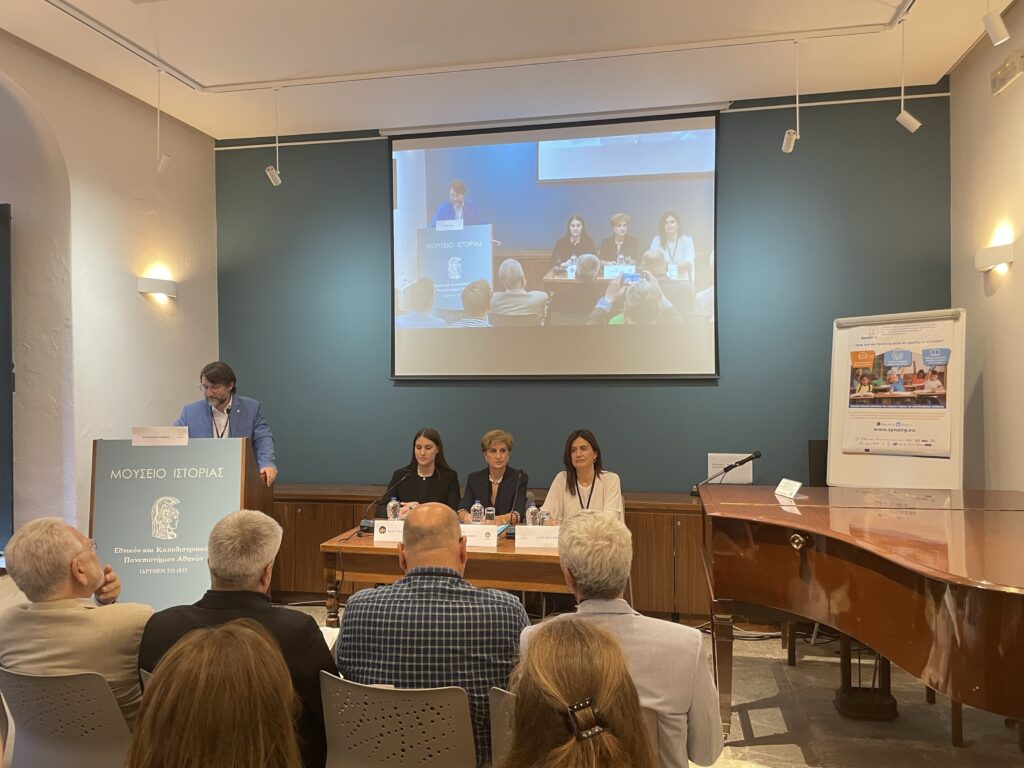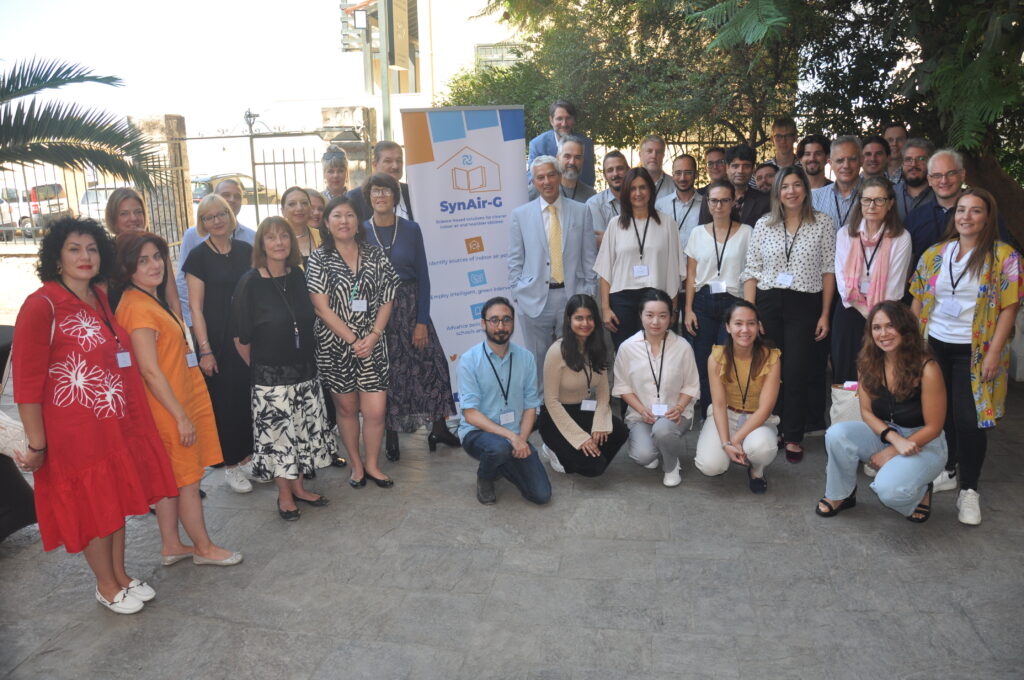SynAir-G’s WP6 focuses on developing the project’s centralized data infrastructure and AI modeling capabilities. Progress is on track, with several items completed, including upgrading data collection mechanisms and creating data mapping templates. Ongoing work includes creating an infrastructure for large-scale AI experiments and developing ETL processes. Finally, our future planning involves, guaranteeing data reliability, and developing mechanisms to handle data issues, as well as monitoring AI performance and visualizing the results of the AI modeling.
WP6 is focused on developing the project’s data infrastructure and Artificial Intelligence (AI) modeling capabilities. Progress is on track, with several items completed and others ongoing. Regarding the achieved milestones, an upgraded version of the data collection mechanisms from various resources has been deployed. Moreover, Data mapping and data manual templates for collecting information related to the nature of the data from various project resources were created, as well as, parts in the database for the collection of metadata that will be produced from the AI analysis tasks. For that purpose, we upgraded our data processing functionalities for signal processing, including filtering, frequency domain modifications, and feature extraction on time series data.
According to the ongoing work, Task 6.3 has started creating an infrastructure for orchestrating large-scale experiments on AI analysis and synergistic effects exploration, while the development of Extract, Transform, and Load (ETL) processes is in progress, which is responsible for the proper data insertion from various resources into the AI modeling mechanisms of the Intelligence Engine.We aim always to ensure effective collaboration and communication among project partners involved in WP6, and guarantee also the data reliability. For that reason, we plan to develop a mechanism capable of handling and managing issues such as wrong data generation, missing values, and information loss from various resources. Finally, we aim to develop two major infrastructures that will be responsible for monitoring the performance AI experimental phase, addressing any issues that arise, automatically, and visualizing the results of the AI modeling to a dashboard in such a manner, that can be easily interpreted by humans (stakeholders: researchers, scientists, doctors, etc.).
Stay tuned for further information about the SynAir-G project. Follow us on Twitter and LinkedIn, and subscribe to the SynAir-G Newsletter!





